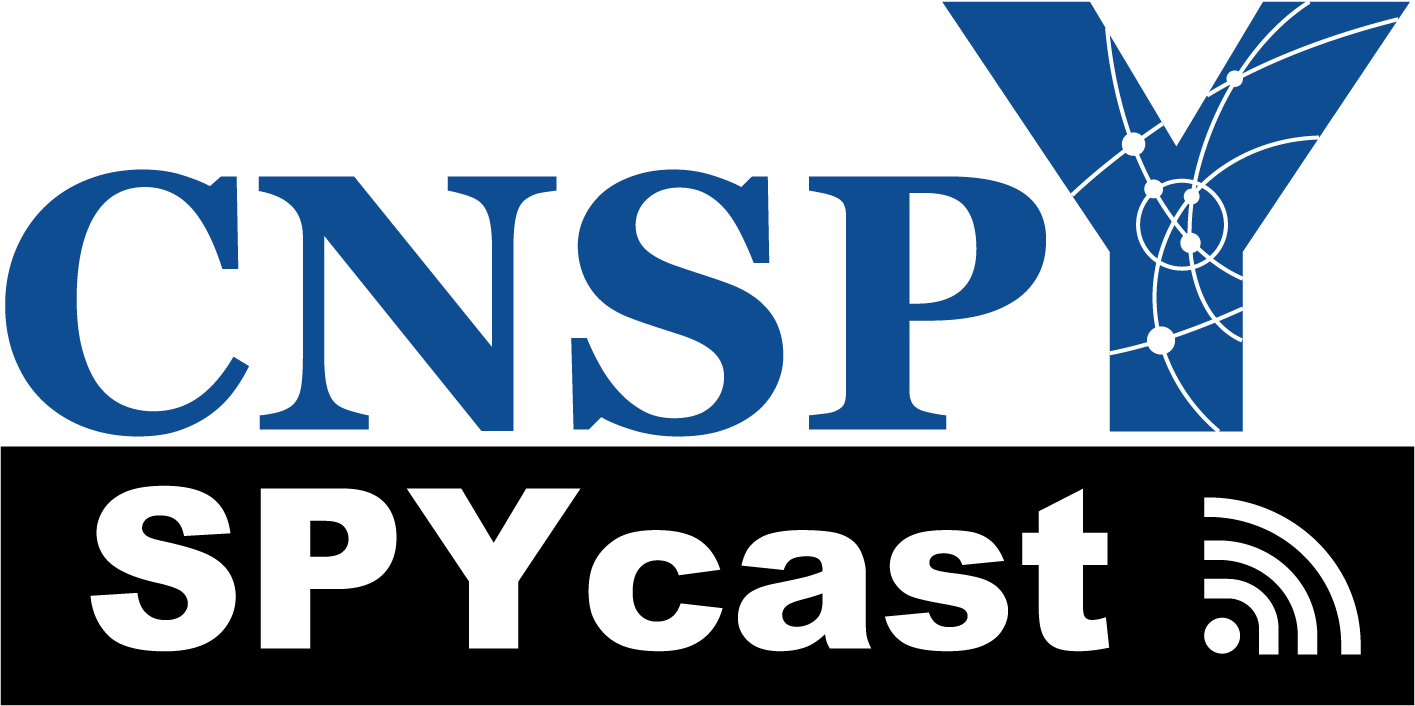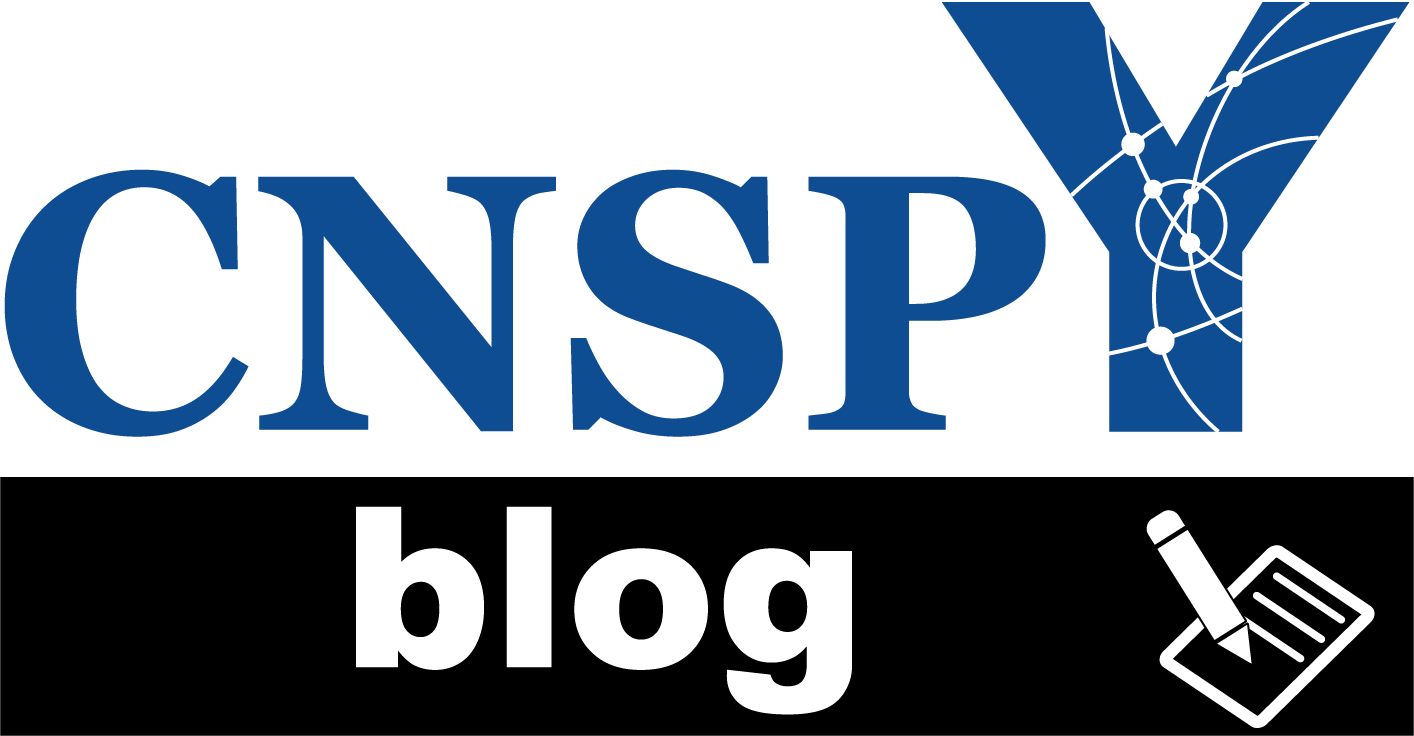Personal Spotlight: Becky Carlyle, PhD
Hello, my name is Catherine Deatherage, the new Director of Communications for CNSPY and this year’s blogger. When I began thinking of ideas for a new blog series I thought first about interviewing tips (1, 2, 3), how to network (1, 2, 3) or even details about informational interviews (1, 2, 3) The challenge with these ideas is that they have been written about before, both on the CNSPY blog (see the above links for further reading) and more generally across the Internet. Then I decided to look a little bit deeper about what I wanted to know job hunting.
I had to think about what information I wanted to know about panel speakers and colleges that recently found new positions. I want to know the details of their search. Did they try Monster.com or Indeed? How many applications did they submit? How did they manage the CV vs. resume debate?
In this series, I’ll share an interview/discussion with a fellow scientist who has either recently found a new job, or with someone who has recently decided to change career trajectories. This first Personal Spotlight is on Becky Carlyle PhD, a former associate research scientist in the department of Psychiatry at the Yale School of Medicine.
Biographical Information: Dr. Carlyle earned her undergraduate degree at University of Oxford and her PhD from the University of Edinburgh. She pursued postdoctoral training at Yale School of Medicine, where she worked on a series of projects investigating the molecular basis for cognitive aging, and the use of genomics/proteomics in these models. After her post-doc she remained in the lab as an associate research scientist.
CD: What did you want to be when you were 10?
BC: I wanted something a little different as a child. I wanted to be a newsreader (a news reporter/presenter in the US)! My background wasn’t quite right for it and I started studying science instead.
CD: How closely does this job match what you wanted to do? How does being a Senior Research Fellow at Massachusetts General Hospital compare to the position you wanted to get?
BC: It’s reasonable for right now. It is very similar to my position as an associate research scientist here at Yale. I need to increase my publications in order to eventually get an academic research faculty position back in Europe.
CD: What requirements for your job did you have (job description/education requirement/location/salary)?
BC: My requirements were pretty simple, it had to be in Boston, a stable position in academic research because my partner had a less stable position in a startup, and a salary match.
CD: How did you prepare for this type of job?
BC: Because this was a lateral move, my 6 years of training as an Associate Research Scientist at Yale was the preparation I needed.
CD: How did you find the job?
BC: I reached out to personal connections I’ve made in my network for anyone that knew of a position.
CD: Did you use the Internet for your job search at all?
BC: No, I didn’t need to; I only used my personal connections.
CD: Did you convert your CV to a 1-page resume?
BC: Yes. I did this as a way of simplifying myself for advertising purposes. I highlighted my proteomics knowledge and soft skills, budgeting, organizational skills and ability to take on tasks that may be undesirable, along with my education. In general I would say I had about 60% academic content and 40% administration specific concrete items. I made sure to emphasize I had experience doing specific tasks that would appeal to a future employer like my experience with lab budgets and IACUC management.
CD: How many applications did you submit?
BC: I only applied at 4 places but they were very targeted and I felt confident.
CD: Did you have multiple interviews?
BC: Yes. 2 phone interviews and in person talk. I recommend that during on-site interviews, talk to as many people as possible to get a feel of the character of where you are going.
CD: How did you prepare for the different interviews?
BC: I mostly read papers, but I went in to the interview from a place of power/confidence. I didn’t have to change jobs, this level of confidence helps to prepare you for the interview.
CD: Did you negotiate benefits/salary?
BC: Yes, when you negotiate, it isn’t just the salary you have to consider, but also health insurance and pension is part of it. I only wanted the position if it could match my salary and benefits here at Yale (both health insurance and retirement match). I found it essential to give concrete numbers to justify the money you ask for.
CD: How long did your job search take?
BC: Very fast- ~ 4 weeks
CD: Do you expect to be looking for a new job in 1, 3 or 5 years?
BC: Yes. I plan to transition to an instructor position in order to obtain independent funding and publishing a number of papers before moving back to Europe and search out an independent research position there.
CD: Last question, do you have any advice you wish someone had told you?
BC: It’s going to be hard, and that’s ok.
*Some of the responses are paraphrased.
I personally found the idea of going into interviews from a place of power very interesting, as well as including my soft skills in the resume. I also think Becky’s advice is particularly germane in this job market: It’s going to be hard, and that’s ok.
What do you think?





